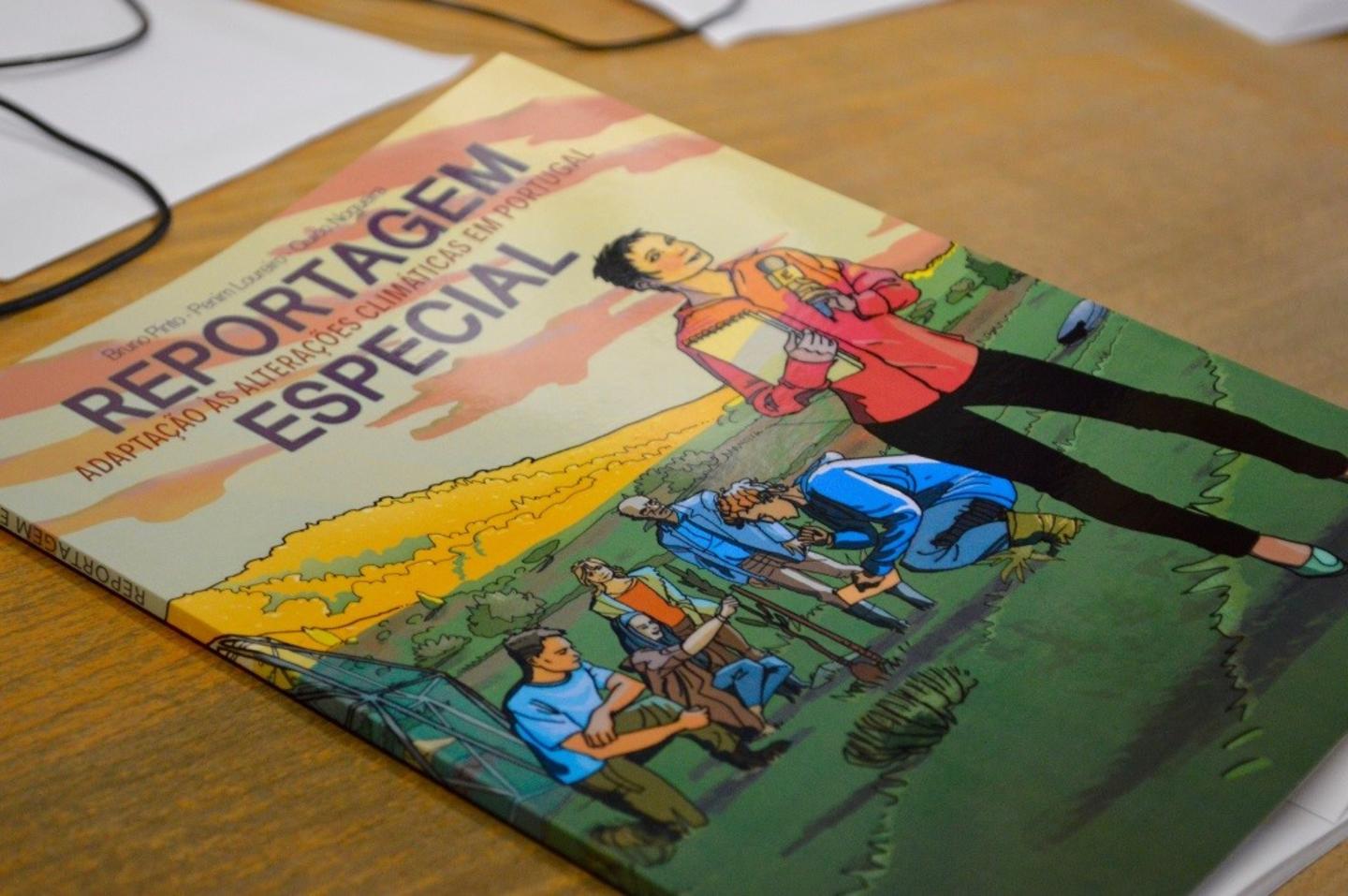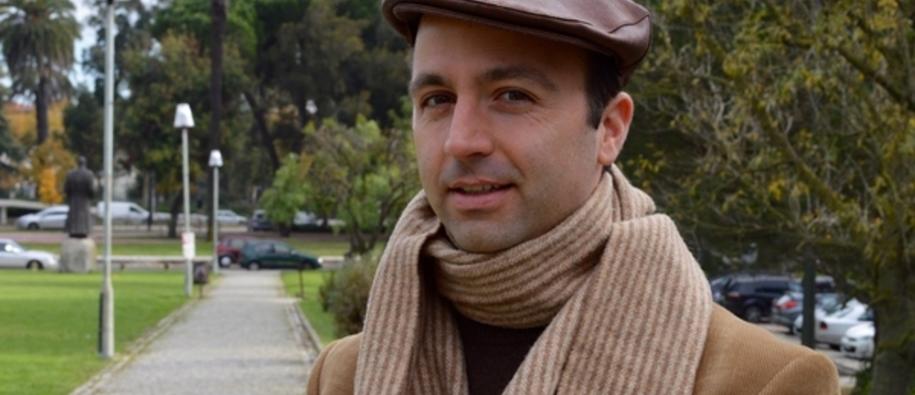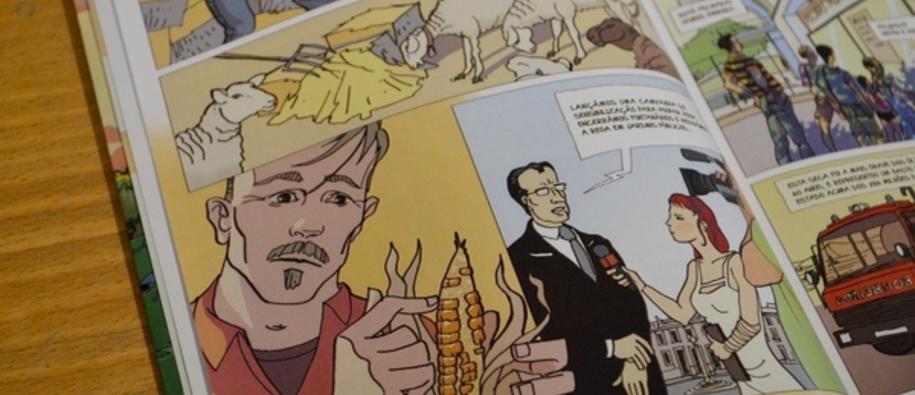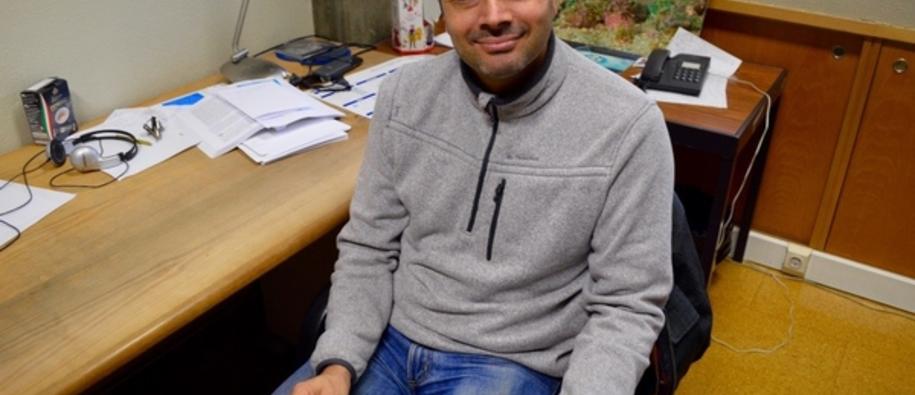“This project is not only important for Portugal, but also for Europe; it is the first time we gather so many municipalities to create climate adaptation strategies. Regardless of whether the municipalities are rich or poor, they all now have a strategy on how to deal with climate change, says Gil Penha-Lopes, project leader for the project ‘ClimAdaPT.Local’.
“Every year people are killed from climate change”
The Portuguese project was aligned with the European and National Strategies for Adaptation. Its intention was to promote adaptation at a local level in Portugal, and twenty-six municipalities were chosen to participate due to their geographical exposure.
“Our objective was to train technicians, design new climate strategies, and drive climate change adaptation on a local level through knowledge. It is important to involve the local community, and to create detailed plans such as how to construct buildings. We also aimed at promoting and communicating our results. I think we succeeded because we just won an award at COP22 in Marrakesh for this project,” says Gil.
The project is financed through the EEA Grants and has received €1.5 million in funding. The knowledge gathered from the projects is now communicated through a common website so the municipalities can share their experiences.
“So far 52 technicians are trained for disaster risk management and environmental adaptation. Portugal is especially exposed to climate change because of our coastline. We are vulnerable to flood, the rise of the sea level, and diseases being carried by the wind. Every year people are killed due to the changes in climate,” says Gil.
The climate change comic book
Since the project implementation in 2014, the participating municipalities have arranged workshops involving local stakeholders in decision-making positions.
“It is a bottom-up philosophy – the local stakeholders need to have a say, and have an understanding of the process and what impact this planning might have,” says Gil.
The project also trained a group of journalists to prepare for COP22. As a final event, the project created a comic book to simplify and visualise the complexity of the theme.
“When I started this book project I thought it was quite complex; there were a lot of creative limitations since everything is based on reality. All the stories and people are real; I did a lot of research finding people who had experienced climate change on a personal level. It is important to communicate such a difficult topic,” says Bruno Pinto, who is a biologist and a comic book writer.
Bruno used three months to write the book before he handed it over to the drawer.
“My biggest challenge was to make the book interesting and personal enough - this theme tends to become too abstract. Climate reports are not personal; they are complex and hard to interpret. I wanted to make the book fun and emotional, but still fact-based,” says Bruno.
The pilot municipality
João Dinis is the project coordinator in Cascais municipality - an especially vulnerable area one hour outside of Lisbon.
“We were the first municipality to have a fully integrated adaptation and mitigation strategy on climate change. Therefore, we felt the responsibility to share this knowledge with others. We taught the other municipalities how to interpret the technical reports; and we tried to create awareness about our mistakes, and how to be even more efficient with resources,” says João.
He thinks `ClimAdaPT.Local´ has been a great success and a fundamental investment for the future.
“This project is not only important - it is crucial and critical. For the first time, involvement of multiple stakeholders at a largest scale are provided. There is no turning back now,” says João.
Read more about the 'Adaption to climate change' programme in Portugal



